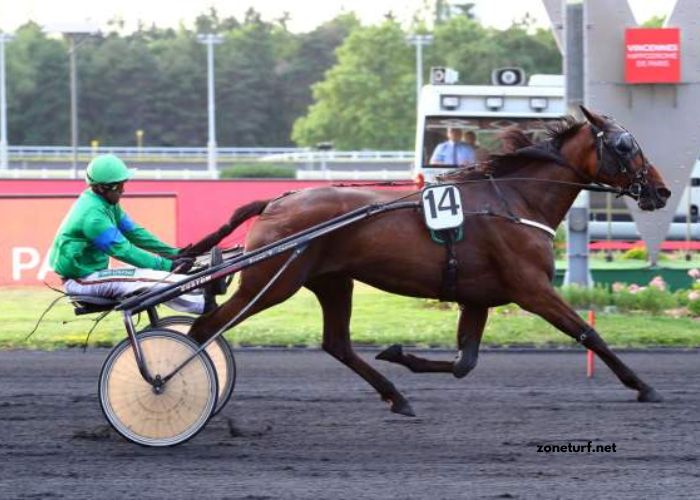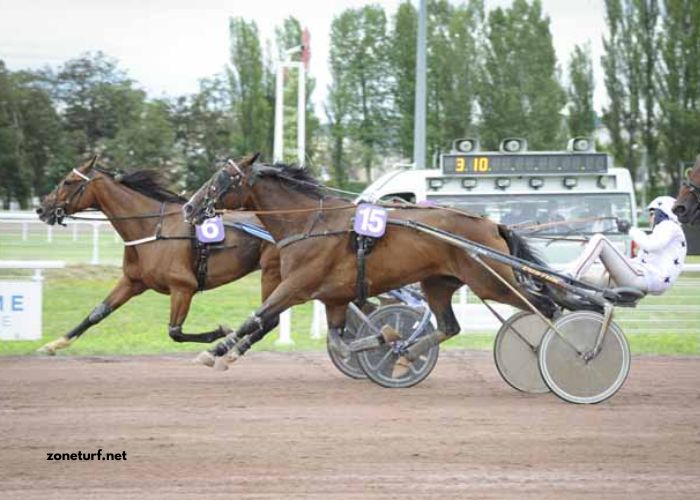Horses have captivated human imagination and played a pivotal role in the development of civilizations for thousands of years. Their majesty and mystique have inspired countless stories, artworks, and traditions, making them an enduring symbol of strength, freedom, and grace. This article delves into the rich history of horses and their profound impact on human culture. Explore the world of CasaCourse, your ultimate destination for online courses on a variety of topics. Enroll today and enhance your knowledge!
Ancient Beginnings: The Domestication of Horses
The domestication of horses is a milestone in human history, transforming societies and economies. Archaeological evidence suggests that horses were first domesticated on the steppes of Central Asia around 4000 BCE. These early domesticated horses were initially used for milk and meat. It wasn’t long before their potential as a means of transportation and a valuable asset in agriculture and warfare was realized.
Horses in Warfare: Changing the Course of History
Horses revolutionized warfare, granting unprecedented mobility and power to armies. The chariot, an innovation around 2000 BCE, allowed ancient civilizations like the Egyptians, Hittites, and Chinese to expand their territories and influence. The cavalry further advanced military strategies, with horse-mounted soldiers becoming a dominant force in battles from the Roman Empire to the Mongol invasions.
Famous historical figures such as Alexander the Great, Genghis Khan, and Napoleon Bonaparte owed much of their success to their formidable cavalry units. The speed, endurance, and agility of horses provided a tactical advantage that shaped the outcomes of countless conflicts and the course of history.
Horses in Agriculture: Powering Human Progress
Beyond the battlefield, horses have been indispensable in agriculture. Before the advent of modern machinery, horses were the primary source of labor for plowing fields, transporting goods, and driving carriages. Their strength and stamina made them invaluable partners in farming communities worldwide. The development of horse-drawn equipment and vehicles facilitated trade, communication, and urbanization, laying the groundwork for modern economies.
Cultural Significance: Horses in Myth and Art
The cultural impact of horses extends far beyond their practical uses. They have been revered and mythologized in numerous cultures. In Greek mythology, Pegasus, the winged horse, symbolizes inspiration and poetic genius. Norse mythology features Sleipnir, Odin’s eight-legged horse, representing speed and power. The Horse of Troy, a tale of cunning and deception, remains a cornerstone of Western literary tradition.
Artists throughout history have been inspired by the elegance and majesty of horses. From the cave paintings of Lascaux, depicting wild horses in motion, to the masterful equestrian sculptures of the Renaissance, horses have been a favored subject in art. Their portrayal in literature, from the epic “Iliad” to the beloved “Black Beauty,” reflects their deep emotional and symbolic resonance with humans.
Horses in Modern Culture: A Lasting Legacy
In contemporary society, horses continue to hold a special place. Equestrian sports, such as dressage, show jumping, and racing, celebrate the bond between humans and horses. These activities require not only physical skill but also a profound understanding and connection with the animal.
Horses also play a therapeutic role, assisting in programs for individuals with physical, emotional, and developmental challenges. Equine-assisted therapy has been shown to improve mental health, build confidence, and foster empathy.
Conclusion: The Enduring Allure of Horses
The history of horses is a testament to their remarkable adaptability and enduring partnership with humans. From ancient battlefields to modern therapy sessions, horses have been steadfast companions, shaping human history and culture in profound ways. Their majesty and mystique continue to captivate us, a reminder of the timeless bond between humans and these magnificent creatures. As we move forward, the legacy of horses remains an integral part of our shared heritage, celebrating the beauty, strength, and spirit that they embody.



